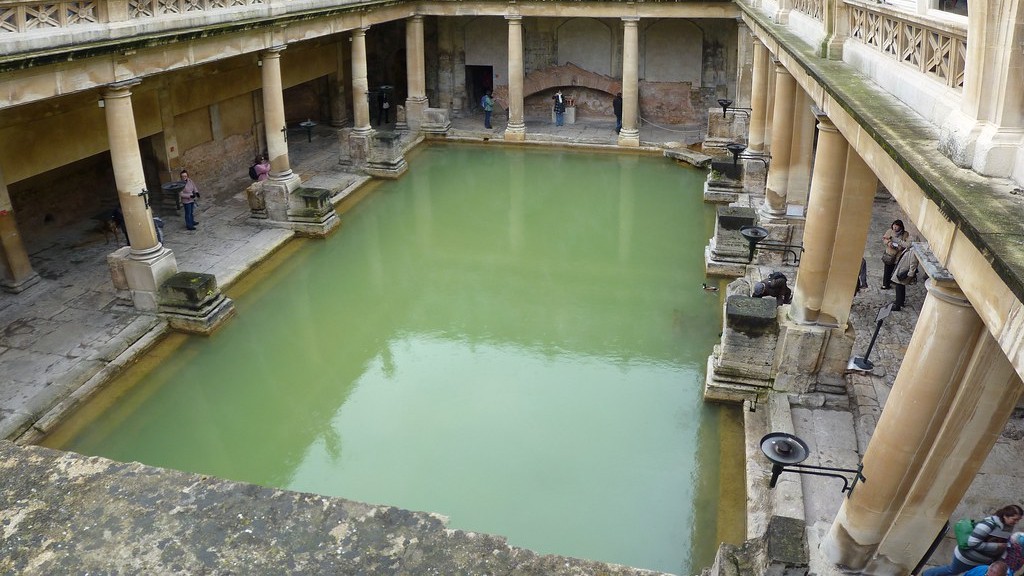In ancient Rome, the words “senate” and “senator” were derived from the Latin word senex, which can be translated as “old man.” The Roman Senate began as a voluntary association of wealthy, powerful noblemen, who controlled the political power of Rome. This early Senate was an informal gathering which acted more as an advisory body than as a legislative body. The power the Senators had in ancient Rome was considerable, and it was their decisions which had the most influence on the politics of the day.
In the early Republic, the Senate held all civic, judicial, and religious powers, in addition to legislative power. The senators, who were selected on the basis of their success in life, served for life and could not be removed from office. This ensured that the Senate had its own interests, as they were not beholden to anyone. The Senate also had a significant role in the military, as they determined who was capable of leading the armies and what their role was to be.
The roles and responsibilities of the Roman Senate changed over time. In its early days, the Senate had a largely advisory function, offering advice on matters of public policy to the two consuls. As the Republic prospered and expanded, so too did the power of the Senate. By the time of Julius Caesar, the Senate had become the supreme political body of Rome, setting laws and determining policy for all areas of life.
The Senate was primarily composed of noble families. There were in total three hundred senators, each from a different noble family. In the beginning, these families had to qualify for the Senate by demonstrating their wealth, their wealth coming from land, commerce, or trade. Throughout the history of Rome, members of the Senate acquired their wealth by controlling the prestige and the military power that the Roman Republic offered.
Every Senator had the ability to present and discuss their opinions, as well as cast their individual vote in the Senate. The final decision was taken by the opinion of the majority of the senators. This system allowed the senators to decide laws and policy in a relatively democratic way.
The Senate also had the power to limit the authority of the magistrate and to impeach officials. The senate was expected to hold public debates when these matters were discussed and had the last say in terms of whether the measures were accepted or not. As the Roman Republic grew and acquired more power, this role became even more important.
Finally, the Senate had economic powers, such as the ability to allocate crop or livestock and to tax citizens, as well as regulate the economy in general. In cases such as these, the Senate was expected to reflect the interests of the people as well as of the state.
The Purpose of the Senate
The main purpose of the Roman Senate was to govern Rome responsibly and maintain peace and order. The senators acted as representatives of their noble families and defended the interests of their group, but they also had to take into account the needs of all citizens. This meant that they had to take into account all perspectives when making decisions, and that even personal preferences had to take a back seat in order to make decisions that were good for all. In this, the Senate could be seen as a symbol of the power of the Republic, and its citizens.
The Legitimacy of the Senate
As the Roman Senate was a relatively informal gathering, it did not have the same kind of official legitimacy as other such bodies. It was not, however, completely bereft of legitimacy, as the Senate was responsible for the implementation of law and order and common justice in Rome. This role gave the Senate legitimacy and the respect of the people, however the Senate did not have ultimate control over law, as it was still answerable to the people at large.
The decline of the Senate
The power of the Senate began to decline after the fall of the Republic in the first century BC. The Senate, which had once been the sole legislator and had held vast power, was now subordinate to the Roman Emperor. The Senate continued to conduct its business, but it was no longer the only body with the power to do so. This decline was further encouraged by the gradual separation of the upper and lower classes in Rome, which led to a decrease in the political power of the upper classes.
The Legacy of the Senate
The influence of the Roman Senate can still be seen today in many forms. The basic structure of most modern parliamentary systems is based on the structure of the Senate of ancient Rome, with a ruling class of elected representatives who are able to debate and pass laws. The Roman Senate is also held up as a symbol of the idea of a free and democratic society, as it was the first real example of a democratically elected body of representatives who had the power to make laws.
Conclusion: What the Senate Offers Us Today
The legacy of the Senate of ancient Rome has left us with a model of government that is still in use today. It offers us a system that allows for the expression of diverse views and encourages open discussion, while also protecting the rights of citizens and holding government accountable for its actions. While the Roman Senate may not exist today in the same form in which it did thousands of years ago, its legacy is still very much alive and remains an important part of our modern political system.

